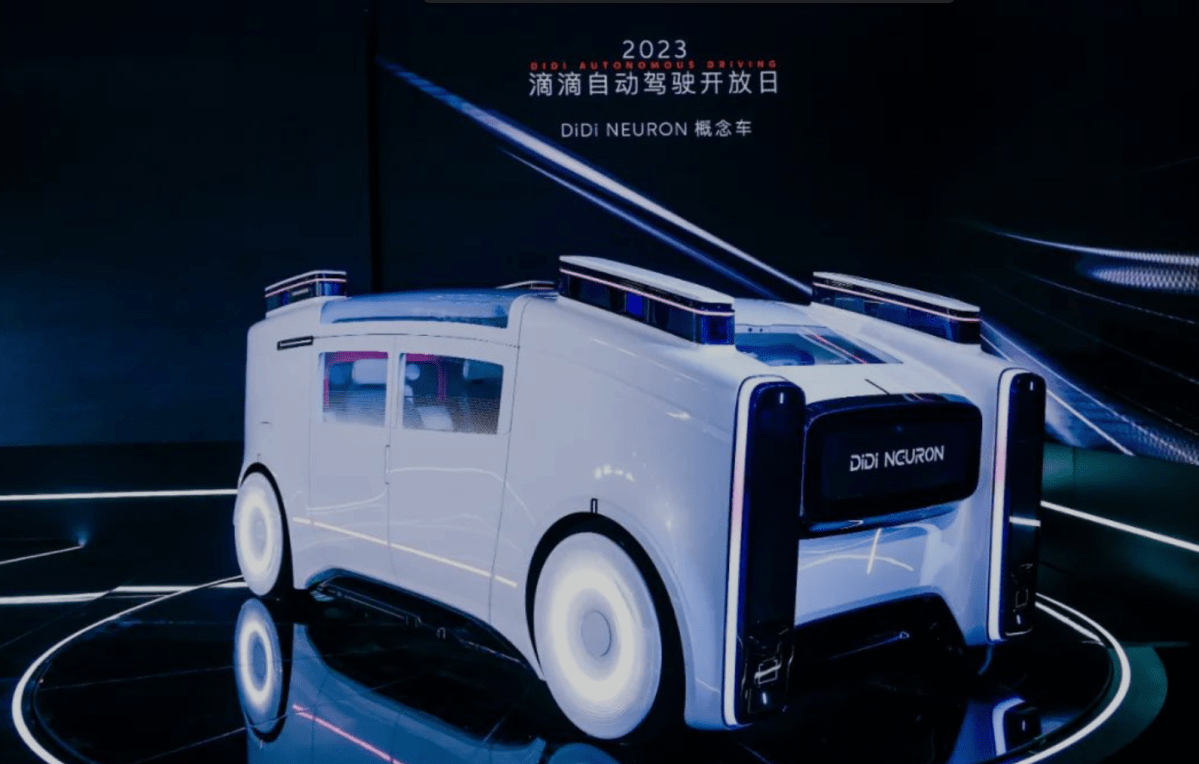The death of self-driving has been vastly exaggerated

I know what you think. Self-driving and autonomous cars have been promised with such enthusiasm that we'd thought they'd be all around already in 2020. Then... it got complicated. As a fair disclosure, I was also adamant about their fast propagation... in China (and maybe Japan).
Many skeptics at the time were up in arms with the unproven technology and the danger of said cars. There were speaking about the trolley car dilemma, arguing that death involving human drivers was socially acceptable(if terrible), while in contrast, we had no social template to deal with death by automated systems. Well, yes, duh. But let's not even get there; let loose self-driving cars in the traffic of any Southern country (I'm looking at you too, France), and the poor thing would never move as everyone would know they have to give way to other cars, pedestrians, dogs and probably pigeons as well—no need for subtle moral discussion to understand how messy it would have been.
Still, I wasn't bothered by this.
In 2019, I was trying to jump to the following logical perspective. It shouldn't be about getting the cars from 98% safe to 99.999%—which is (a) not a simple thing and 'b) essential for free-roaming robots weighing several tons—but discussing secure perimeters and opening them up gradually.

Keep the robots in a zone where the traffic is limited, and there are no pedestrians in sight, and autonomous levels from 2018 were OK. I might be missing a better example, but as far as I know, the world's first fully automated train line was London's Victoria Line in 1968 (it became fully automated in 2012, with the removal of the last train operators).
So, what went wrong? Because as far as I can tell, the only self-driving robots that have appeared are vacuum cleaners and a few lawnmowers.
Well, if we pretend that the covid didn't impact anything, I start to believe that, primarily, the tech companies that were leading the charge failed to see an economic rationale.
The leading contenders in the race were arguably Waymo (formerly Google Self-Driving Car Project) since 2009, Tesla (started working on autonomous functions in 2015), Uber (2015), General Motors (2016), and Baidu (2015):
- Waymo being a subsidiary of Alphabet Inc., should have been for me a clear "no way they're going to ship anything." Google has a phenomenal track record of being stuck in its innovator dilemma and unable to create any product, certainly not hardware. Trusting that they would get there on one of the most complicated endeavors of the decade was foolish.
- Tesla was (and still is) embarked on its low-tech approach to autopilot. Few sensors and mostly cameras doing the job (while everyone else was trying to use sophisticated Lidars and various road scanning methods). Despite the grandiose pitch, Musk was trying to add incremental features as he was focused on getting cheaper cars to the road and turning around the market on electric.
- Uber was on a tight balancing act. They wanted self-driving to eliminate drivers as their main overhead (after marketing and lobbying). The trick is that getting to sufficient street-safe cars (level 4 and 5 perimeters) was rapidly proving a colossal sunk cost: that, and even more lobbying as no city wanted more Uber around and certainly not more dangerous Uber.
- General Motors as an incumbent automaker, GM probably had to rapidly calm down and understand that the next wave of massive investment they could barely afford was electric vehicles. The dumb ones. Self-driving? Certainly too much of an extra revolution on top of an already critical transformation.
- And lastly, Baidu suffered partly from the same issues as Uber but also from the heavy-handed crackdown of the Chinese Central Party on tech entrepreneurs.
So that's it. An innovation wave was largely missed not for lack of a problem to solve and, again, not, in my opinion, for lack of good enough technology, but because economic circumstances were not there. Even though China should have been the safest bet to say, "if it happens, it's there."
...
Are you still here?
Oh, you remember what I was writing recently about the Hype curve? And what happens when no one cares anymore about a promised tech revolution that doesn't happen?
Well, you'd be right...
⬇





